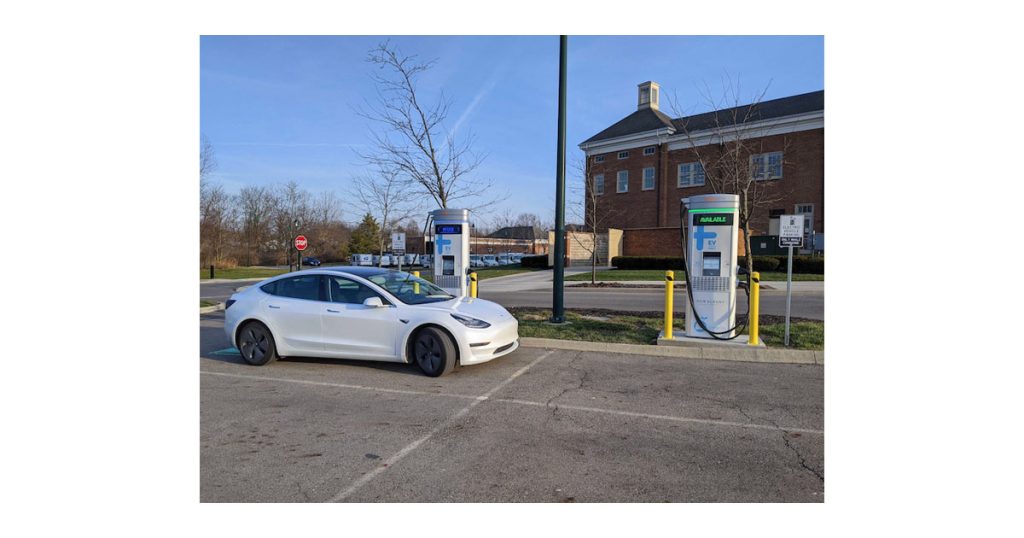Comment convaincre les responsables des finances que l’efficacité énergétique c’est payant

Nick Blandford
Rien n’est plus satisfaisant pour un directeur financier de voir comment l’énergie entre en action avec les bénéfices nets. La plupart des directeurs financiers ou responsables des finances voient l’énergie comme une dépense et non comme un investissement. Aujourd’hui toutefois, des défenseurs de l’efficacité énergétique se retrouvent au sein des organisations et changent la façon de voir des dirigeants d’entreprises. Ce groupe que nous pourrions presque décrire comme étant héroïque est prêt à prendre les choses en mains pour réduire les coûts liés à l’énergie. Appelons-les, les gestionnaires de bâtiments. Leur défi est de convaincre les preneurs de décisions qu’investir dans des solutions de gestion énergétique est une excellente idée d’affaires.
Qu’est-ce qui fait bouger les politiques d’efficacité énergétique dans le monde des affaires? Plusieursfacteurssont à considérer.
Nothing is more satisfying to CFOs than seeing how energy adds value to the bottom line. Most CFOs see energy as a cost, not an investment. Today, a group of energy efficiency champions emerging from within organizations are changing the mindsets of executives. This heroic group is willing to take matters into their own hands to cut energy costs. Let’s call them building managers (other titles include plant operators and facility managers). Their challenge is to convince executive decision-makers that investing in energy management solutions is a smart business move.
What’s driving the move to energy efficiency across business? There are several influencers. Among the most visible are governments. In Europe, improving energy efficiency and costs is a top agenda item. Building owners can turn to the Energy Performance of Buildings Directive http://ec.europa.eu/energy/en/topics/energy-efficiency/buildings to learn how energy automation and control technology minimizes energy waste.
Europe tends to beat North America hands down when it comes to environmental responsibility and sustainability. But programs like the Better Buildings Challenge https://www4.eere.energy.gov/challenge/about bring together U.S. organizations to enhance collaboration and solve energy issues.
Government-sponsored energy programs are good for all of us. But, some continue to wonder about the business benefits. This is why operational cost savings and increasing energy prices are the top influencers that compel organizations to implement energy management software.
While building managers are privy to the types of solutions that reduce energy costs, executives may not be so informed. So it’s up to building managers to promote how investment in energy management solutions delivers financial benefits.
First, focus on the business benefits, like how integrating power automation and control with energy monitoring can improve energy efficiency and deliver cost savings of up to 30% a year. Then, explain how technology helps to find out details about energy consumption and energy waste, and identifies areas for energy cost savings.
Next, describe the technical advantages, like how integration and analysis of energy data and production data are simplified with a comprehensive energy management infrastructure. Dig deeper and discuss the benefits of linking power meters to process control human machine interfaces http://www.schneider-electric.co.uk/sites/uk/en/products-services/automation-control/products-offer/human-machine-interface/human-machine-interface.page. Indicate how the right tools can perform comprehensive analysis of power metrics alongside process information. And, show how the total view of inputs and outputs, including materials, consumables, energy, waste, and carbon emissions makes it easier to identify potential savings.
Executives are concerned about business continuity, so be prepared to talk about how building and maintaining a balanced power distribution system with a library of applications supports overload detection and load shedding at the control system level. Emphasize how this maximizes energy distribution efficiency, which lowers energy costs.
User-friendliness of a system is also a deciding factor. Present how easy it is to centralize energy use data into meaningful dashboards and match kWh costs to production processes with the right tool.
CFOs may need convincing that energy automation and process control is good for the bottom line, but it shouldn’t be hard if the facts are presented correctly.
Nick Blandford currently manages Schneider Electric’s Global Blog Program with the goal of igniting the intelligent energy conversation everywhere energy is consumed on this beautiful planet. Over the past nine years, Nick’s been involved with the sales, marketing, business development and communication aspects of Schneider Electric’s energy management solutions. He is a strong advocate for forward-looking and holistic energy policies and strategies, and the role they play in catalyzing the societal movement towards a profitable, successful and sustainable future. Nick is an alumnus of both the Alliance for Global Sustainability YES programme (MIT, University of Tokyo, Chalmers University, ETH Zürich) and the World Energy Congress FELP. Additionally, he sits on the Board of Directors of the non-profit Student Energy, which holds the biennial International Student Energy Summit (ISES). He has also co-founded a sustainable investment advisory company and has held analyst and research roles with several sustainability and carbon reporting organizations. Residing on the west coast of Canada, he holds a Masters of Science degree in Strategic Leadership towards Sustainability from the Blekinge Institute of Technology in Sweden and a Bachelor of Arts degree (Economics/Psychology) from the University of Victoria in British Columbia. One more note; Nick loves having fun outside in this wonderful world.
The post How to Focus CFOs on Energy Management Investments appeared first on Schneider Electric Blog.












